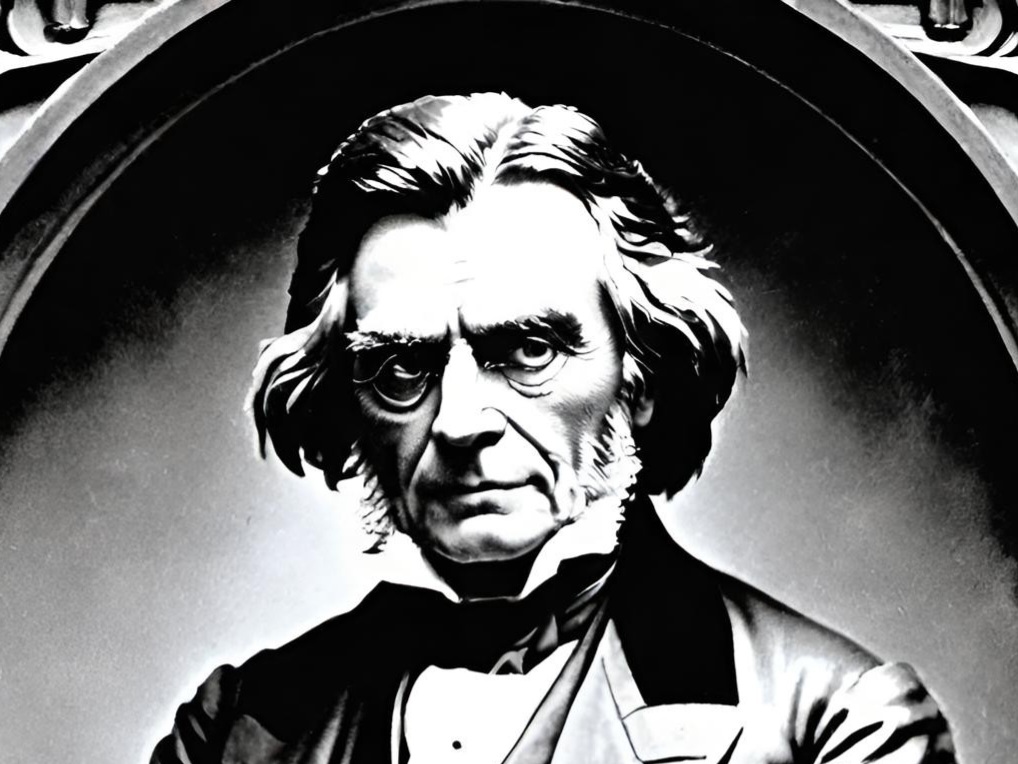In the early 1960s, Harvard University became an unexpected epicenter for the burgeoning psychedelic movement, largely due to the efforts of a group of visionary psychologists. Among them, Ralph Metzner played a pivotal role in shaping what would become a cultural and scientific revolution. Alongside Timothy Leary and Richard Alpert (later known as Ram Dass), Metzner delved into the profound psychological and spiritual potential of psychedelics, particularly LSD and psilocybin.
Metzner, a German-born psychologist, joined Harvard as a graduate student and soon became deeply involved in Leary’s research. What began as a series of controlled experiments exploring the therapeutic benefits of psychedelics quickly evolved into a broader cultural phenomenon. Leary, Alpert, and Metzner were united by their belief that psychedelics could unlock new realms of consciousness and personal growth.
Therapeutic Applications
Their work initially focused on the therapeutic applications of these substances. Early studies, such as the Concord Prison Experiment, aimed to reduce recidivism rates among inmates through guided psychedelic experiences. The results were promising, suggesting that psychedelics could facilitate profound personal insights and behavioral changes.
Controversy
However, the Harvard Psychedelic Project faced significant controversy. As their experiments expanded beyond the confines of the university and began to attract a wider audience, the academic establishment grew increasingly wary. Concerns about the safety, legality, and ethical implications of their work culminated in a scandal that led to the dismissal of both Leary and Alpert from Harvard in 1963.
Despite the institutional backlash, Metzner continued his exploration of psychedelics. He co-authored “The Psychedelic Experience: A Manual Based on the Tibetan Book of the Dead” with Leary and Alpert, a seminal text that provided a guide for navigating the altered states of consciousness induced by psychedelics. This work was instrumental in framing the psychedelic experience as a journey of self-discovery and spiritual awakening.
Impact
Metzner’s contributions extended beyond research and writing. He became a central figure in the counterculture movement, advocating for the responsible use of psychedelics and their potential to foster creativity, empathy, and ecological awareness. His work laid the groundwork for the modern resurgence of interest in psychedelics, which today are being reconsidered for their therapeutic potential in treating conditions such as PTSD, depression, and anxiety.
Conclusion
The birth of Harvard’s psychedelic culture was a complex interplay of scientific curiosity, personal exploration, and cultural transformation. Ralph Metzner’s role in this movement was crucial, as he helped to legitimize and articulate the profound possibilities of psychedelic experiences. His legacy continues to inspire new generations of researchers and psychonauts in their quest to understand the depths of the human mind.




